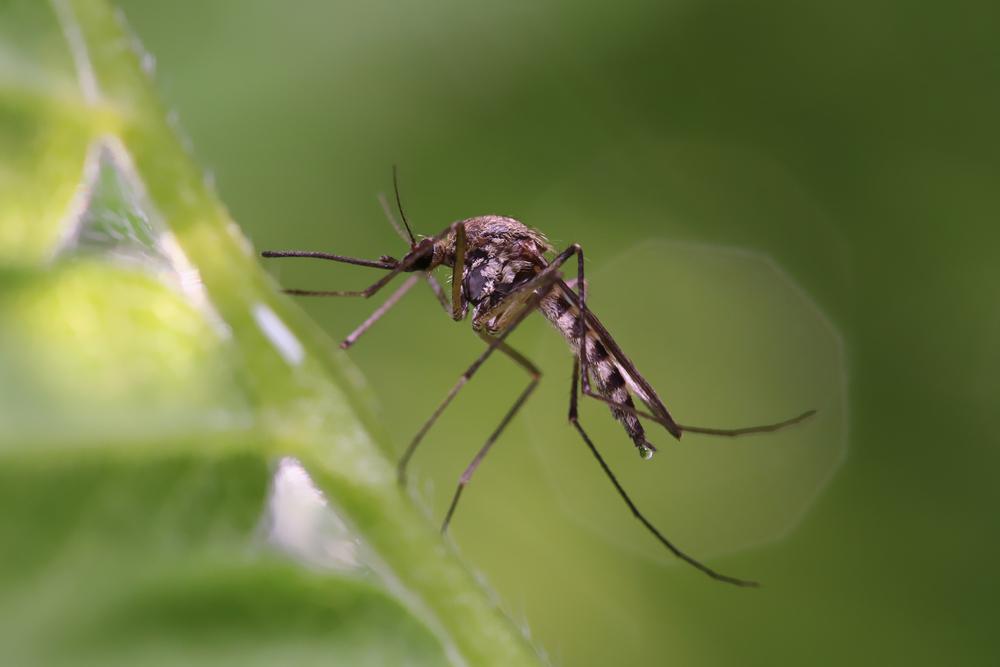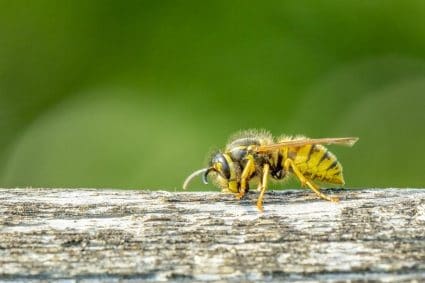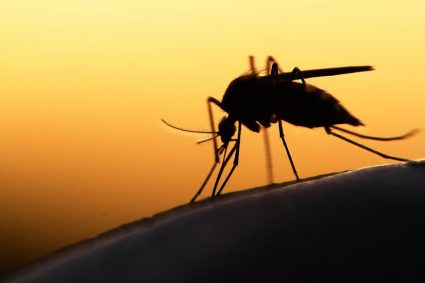
Mosquito bites are a common nuisance. While most people experience a minor reaction, others may have a more severe response, leading to swollen mosquito bites. This article will guide you on what a swollen mosquito bite looks like, how it differs from a regular mosquito bite, and what potential complications it may indicate.
A swollen mosquito bite typically appears as a larger, more irritated version of a regular mosquito bite. It might present as a puffy, reddish bump immediately after the bite, which can develop into a hard, itchy, reddish-brown bump or multiple bumps a day later. In more severe cases, it may cause large areas of swelling and redness, small blisters, or dark spots that resemble bruises.
Understanding Mosquito Bites
A typical mosquito bite appears as a small, raised bump on the skin, which can be reddish or lighter than the surrounding skin. The common symptoms of a mosquito bite include itchy and irritated skin, and a raised, circular bump at the site of the bite. However, in some individuals, especially children, adults with no previous exposure to the mosquito species, or people with immune system disorders, these bites can cause a more severe reaction, leading to a swollen mosquito bite.
Physical Characteristics of a Swollen Mosquito Bite
A swollen mosquito bite has a few distinct physical characteristics:
- A puffy and reddish bump appearing a few minutes after the bite.
- A hard, itchy, reddish-brown bump or multiple bumps appearing a day or so after the bite.
- Small blisters instead of hard bumps.
- Dark spots that look like bruises.
- Swelling, which can be pink and large, especially in children aged 1-5 years.
- In more severe cases, a large area of swelling and redness, sometimes accompanied by soreness and warmth.
Swollen Mosquito Bite Vs. Regular Mosquito Bite
The primary difference between a swollen mosquito bite and a regular mosquito bite is in the appearance and severity of symptoms. While a regular mosquito bite typically appears as a puffy, white, and reddish bump with a small red dot in the middle, a swollen mosquito bite can cause a larger area of swelling, soreness, redness, and itching or pain at the location of the bite.
Stages of a Swollen Mosquito Bite
The physical appearance of a mosquito bite as it swells goes through different stages:
- Immediate reaction: A puffy and reddish bump appears a few minutes after the bite.
- Delayed reaction: A hard, itchy, reddish-brown bump or multiple bumps appear a day or so after the bite.
- Large local reactions: In some individuals, a large local reaction occurs within minutes to hours, characterized by redness, itchiness, swelling, and warmth.
- Healing: As the mosquito bite heals, the itching sensation fades, and the skin gradually takes on a less red or pink hue until it returns to its normal color.
Distinguishing a Swollen Mosquito Bite From Other Insect Bites
Mosquito bites are generally distributed in a random manner over parts of the body that are not protected by clothing. In contrast, bed bug bites are more clustered and often occur in a distinct bite pattern. Spider bites cause minor symptoms like red skin, swelling, and pain at the site, or very serious symptoms that need emergency care. However, it’s important to consult a healthcare professional if you are unsure or if the bite causes severe symptoms.
Potential Complications and Allergic Reactions
A swollen mosquito bite can indicate potential complications or allergic reactions. These reactions can include Skeeter syndrome, severe swelling and redness, low-grade fever, swollen lymph nodes, and blistering rashes. If you experience any of these symptoms or have concerns about a mosquito bite, it’s essential to consult a healthcare provider.
Conclusion
Understanding what a swollen mosquito bite looks like can help you recognize if you or a loved one has a severe reaction to a mosquito bite. While most bites heal within a few days, severe reactions can last longer and may require medical attention. Therefore, it’s important to monitor the bite and seek medical help if the symptoms worsen or persist.
Frequently Asked Questions
How can I prevent mosquito bites?
There are several ways to prevent mosquito bites. This includes wearing long-sleeved shirts and long pants, using insect repellent, treating clothing and gear with permethrin, and taking steps to control mosquitoes indoors and outdoors, such as using screens on windows and doors, using air conditioning when available, and emptying standing water where mosquitoes lay eggs.
What should I do if I have a swollen mosquito bite?
If you have a swollen mosquito bite, applying a cold pack can help reduce swelling. Over-the-counter remedies like hydrocortisone cream, calamine lotion, or antihistamines can relieve itching and swelling. However, if the swelling is severe, or if you experience symptoms such as fever, headache, body aches, or signs of infection around the bite, you should consult a healthcare provider.
Are certain people more likely to have swollen mosquito bites?
Yes, certain people are more susceptible to having swollen mosquito bites. This includes individuals who have not been previously exposed to the mosquito species, children, and people with immune system disorders.
Can a swollen mosquito bite lead to diseases?
While most mosquito bites result in mild symptoms, some mosquitoes can carry and transmit diseases like West Nile virus, Zika virus, or malaria. If you develop symptoms like fever, body aches, rash, or headache following a mosquito bite, it’s important to seek medical attention.
How long does a swollen mosquito bite last?
The swelling from a mosquito bite typically lasts a few days. However, if the swelling persists or if it’s accompanied by other severe symptoms, you should consult a healthcare provider.












